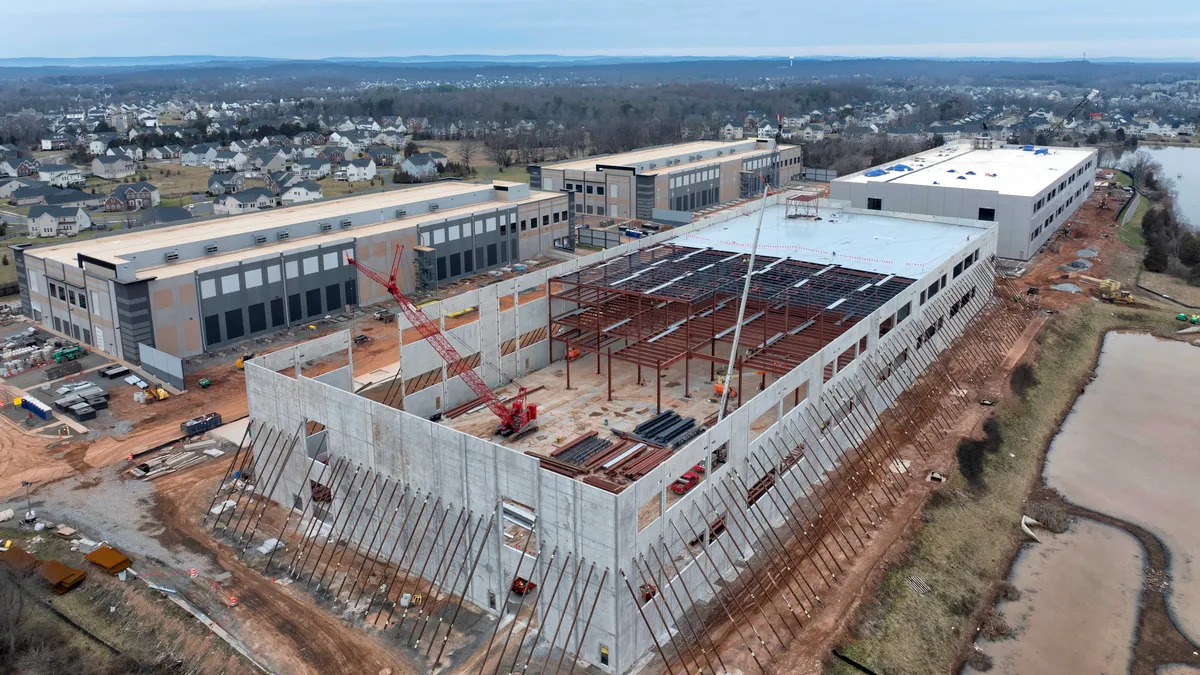Dive Brief:
- The U.S. Department of Labor announced last week that San Jose, California-based Full Power Properties has paid $250,000 in back wages to 22 employees who worked without being paid on the company's construction projects and who were allegedly held in captivity by one of the company's unlicensed subcontractors. Full Power Properties told Constructive Dive that it denies any wrongdoing and that it has, along with its general contractor, changed its process of due diligence for selecting subcontractors.
- U.S. Immigration and Customs Enforcement agents who were investigating potential forced-labor and human-trafficking cases found some of the workers living in foul conditions in a warehouse controlled by Job Torres Hernandez, who was doing business as Nobilis Construction. Investigators arrested Torres Hernandez in August 2017 on charges of harboring illegal alien workers for commercial advantage or financial gain and contacted the Labor Department's Wage and Hour Division so that it could determine if there had been any Fair Labor Standards Act violations. A federal grand jury indicted Torres Hernandez on Aug. 23, 2017.
- The individuals who were owed back pay reportedly worked on the Silvery Towers condominium property in San Jose and other large projects in the San Francisco Bay area.
Dive Insight:
Nonprofit group Polaris tracks and reports on the problem of human trafficking, or what the group refers to as modern-day slavery. According to Polaris, traffickers, which include those who provide labor for the construction industry, use threats and other forms of coercion to keep individuals working with little or no pay.
The organization says that construction-industry labor trafficking typically takes place within small contracting operations engaged in trades such as residential and commercial roofing, carpentry, welding, electrical work and masonry. In order to keep the workers isolated and unable to tap the usual protections and benefits that state and local labor and wage laws provide, employers sometimes misclassify them as independent contractors. These workers are cut off from workers' compensation benefits if they should become ill or injured on the job, receive no access to employer-provided health insurance and are often denied overtime rates for work beyond 40 hours a week.
The majority of workers forced into performing construction labor are males from Mexico and Central America. Most of these individuals, according to Polaris, are either undocumented or have H-2B visas. The H-2B program, which is run by U.S. Citizenship and Immigration Services, allows certain employers to bring foreign workers into the U.S. on a temporary basis to fill nonagricultural positions. The jobs are often seasonal in nature, and this pool of foreign workers is only supposed to be tapped when there are no U.S. workers who are "able, willing and qualified" to do the job.













